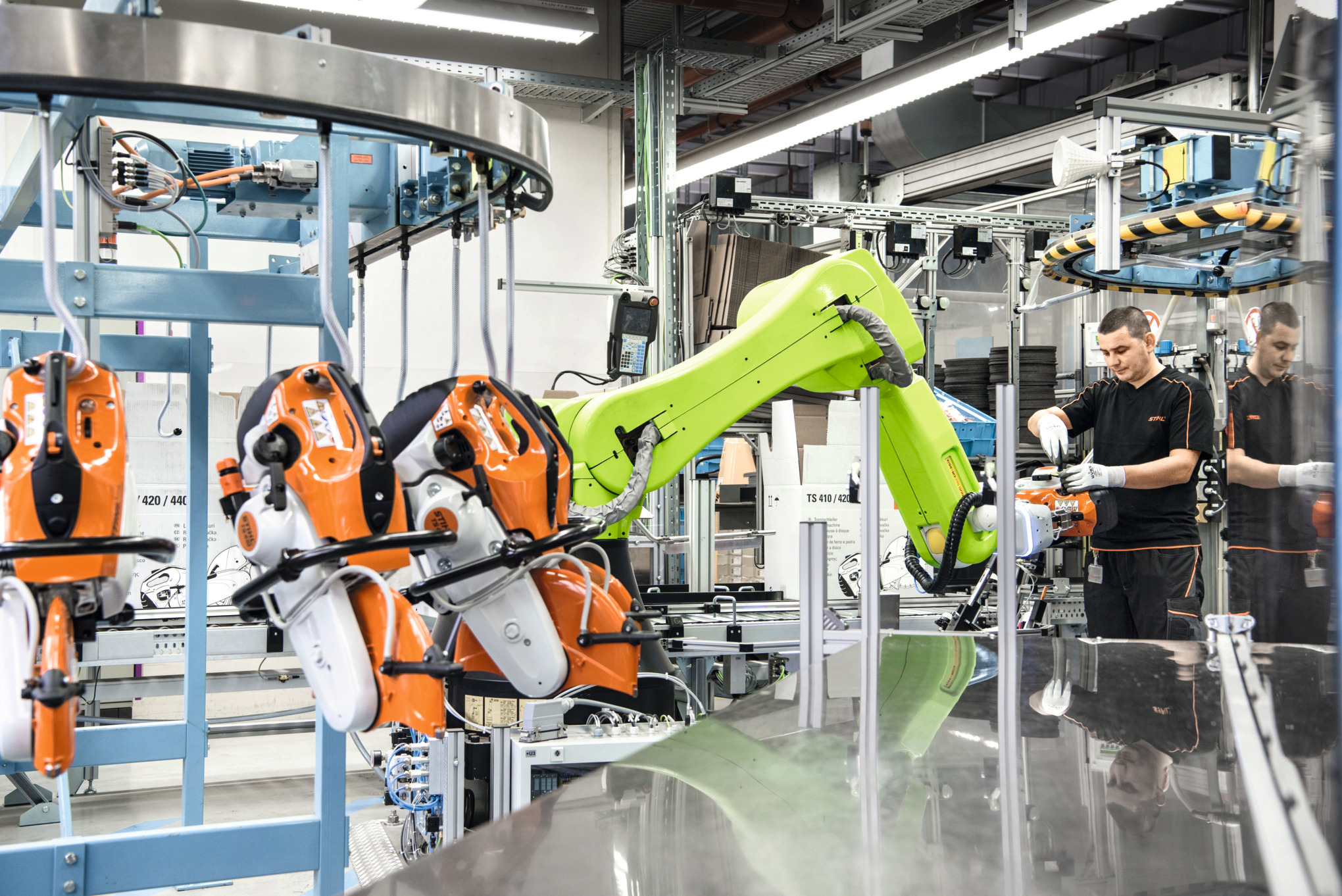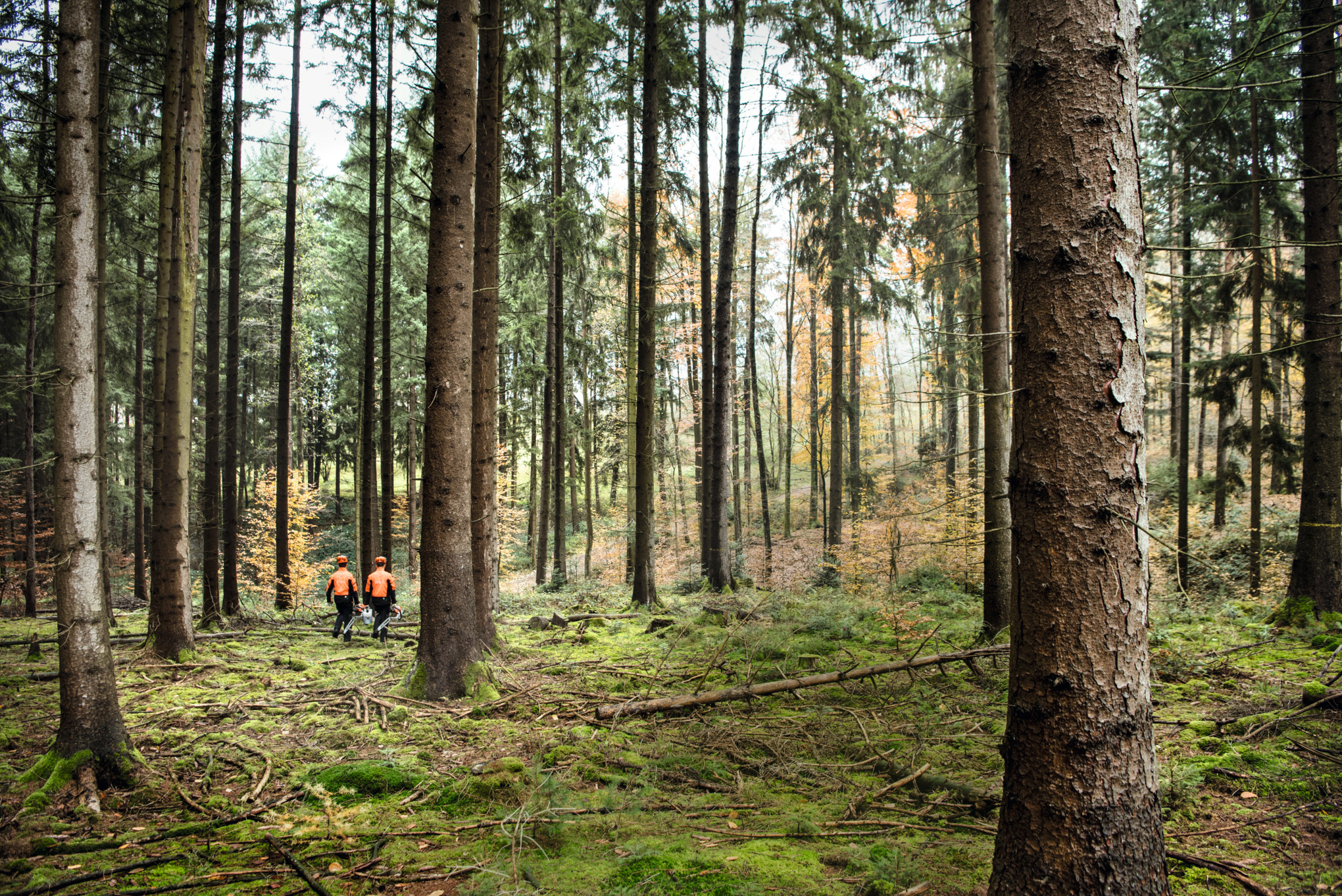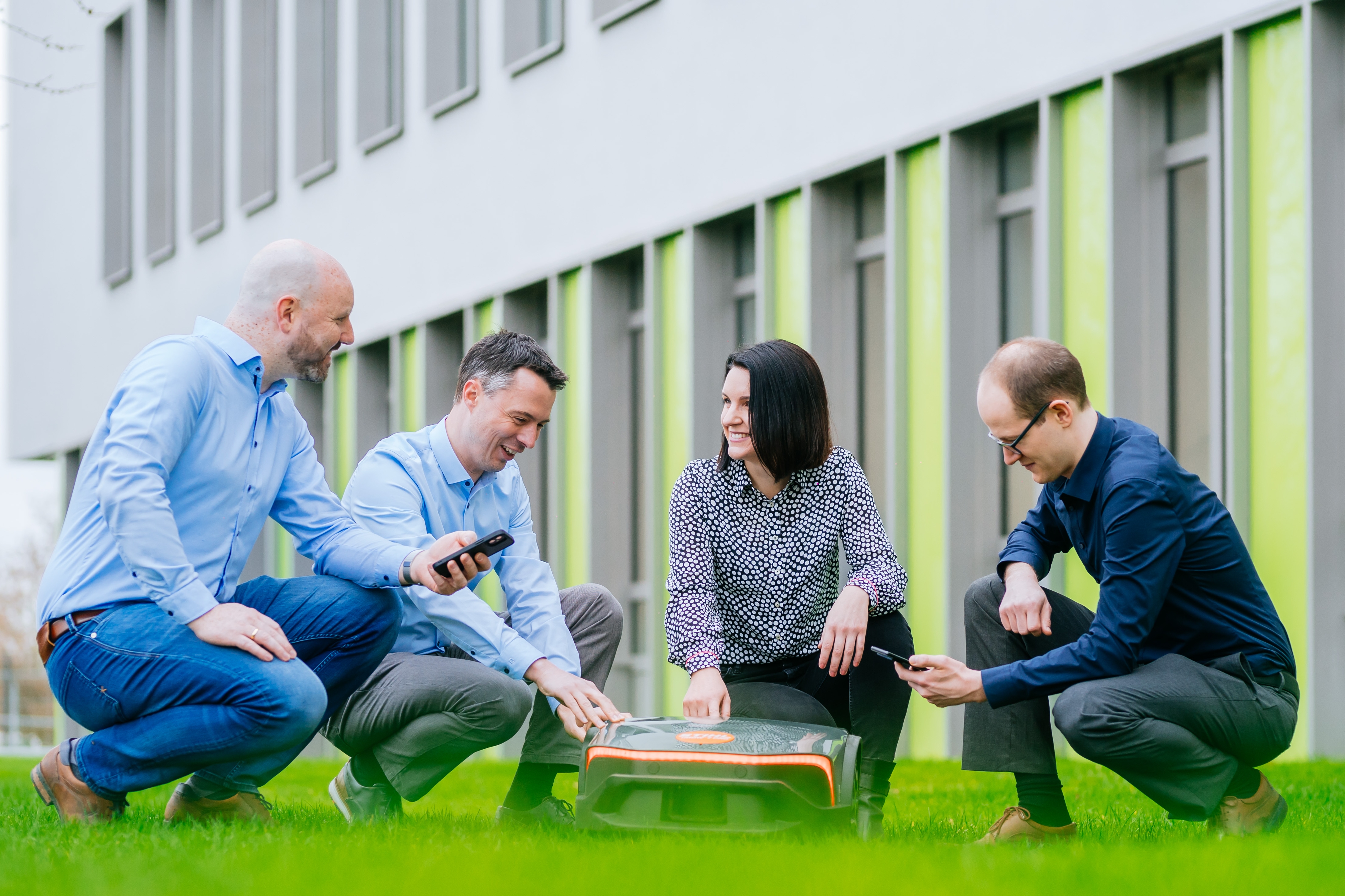STIHL Executive Board Member Martin Schwarz: Interview on globalization

Family-owned company STIHL, headquartered in Waiblingen, Germany, is a global player that develops, manufactures and sells power tools for forestry, agriculture, and garden and landscape maintenance. A discussion with Martin Schwarz, Member of the Executive of Board for Production and Materials Management since January 2020, on risk minimization in difficult times.
Mr. Schwarz, many components in STIHL products are manufactured in-house. Why is that?
Martin Schwarz: It is based on the company’s origins: We develop cutting-edge technology. Our in-house production means we can tailor core components to our requirements without compromise, and we have been doing so for a long time. Our group of companies has been growing for over 50 years, starting with the establishment of a magnesium die-casting plant in the Eifel region in 1971. We now manufacture our components in seven countries worldwide. But even with vertical integration of more than 50%, we of course buy in parts and cultivate deep, long-term, collaborative supplier relationships.
Were or are your global supply chains affected by pandemic- or war-related issues?
There were significant problems with international transport, and those effects persist. That is why we are investing, both in our production network and suppliers, so we can shorten internal and external supply chains. The Russian war of aggression on Ukraine, which we condemn in the strongest terms, has impacted us in two ways: We had to transport the staff of our sales company in Kyiv to safety, along with their families. We have also worked with our Ukrainian suppliers of cable harnesses and rubber parts to reduce the risk to people and of supply failures, for example by recommissioning shelters. Part of the production has been relocated to other countries or brought into our own production.
What consequences does the situation have for your production development?
We depend on a globalized economy for both sales and procurement. Nevertheless, we need to mitigate the risk. For example, we reduce internal parts flows by producing plastic parts in both the USA and Germany. Where this does not make sense for technological and cost reasons, as is the case with cylinder production in Brazil, we try to compensate for the risk by building up buffer stocks. STIHL’s sound capital structure helps us do this. In addition, we are in discussions with suppliers about which parts in the intercontinental chain we can include in our own production or outsource back to suppliers.
How do you make the necessary decisions amid the tense global and economic situation?
Until now, our business decisions were primarily driven by quality and downstream costs. Now resilient supply chains and sustainability are additional considerations which are given greater weight than previously. We are expanding decision-making criteria and incorporating hugely diverse perspectives in the company. This is a complicated approach but leads to the right decisions, which also means we have to take risks. The current situation can essentially be visualized like rays converging as they pass through a magnifying glass: There is a one-sided dependence on individual supply sources, which really underlines the importance of a risk reduction strategy at political level. Our dependence on Russian gas, semiconductors from Taiwan and rare earths from China can only be reduced within the European network or in the context of Western values and environments.

Martin Schwarz has been with STIHL AG since 2012, having previously worked in the automotive supply industry. Since January 1, 2020, as Executive Board Member for Production and Materials Management, his responsibilities have included production sites in Germany, Austria, Switzerland, the USA, Brazil, China and the Philippines. STIHL was founded in 1926 and today sells its products in over 160 countries around the world.
The interview with Martin Schwarz was published in October 2022 in the LuPe customer magazine published by management and personnel consultancy Liebich & Partner.


